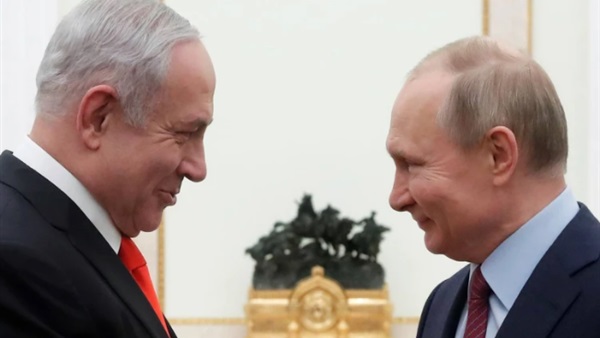"Israel's Ties to Illiberalism Clouds Support for Ukraine in Face of Russian Aggression"

The recent request by the Biden administration for Israel to
provide 1950s-era Hawk air defense systems to Kyiv has once again brought to
the forefront the complicated relationship between Jerusalem and Moscow.
Despite Israel's long history of receiving military assistance from the United
States and being a target of rocket and missile attacks, the Israeli government
has refused to arm Ukraine against Russia.
The primary reason for this is rooted in security. Russia's
presence in Syria and its airspace requires Israel to coordinate with Moscow in
its efforts to attack the Islamic Revolutionary Guard Corps and its proxies.
This has resulted in a delicate balance between the two countries that
Jerusalem is not willing to disrupt.
However, security is not the only factor contributing to
Israel's ties with Moscow. As Israeli politics have shifted further to the
right under Prime Minister Benjamin Netanyahu, the country has forged alliances
with a number of illiberal nations, including Russia, Hungary, and Brazil. The
political affinities between these countries are based on nationalism,
identity, and antipathy towards liberalism and Muslims.
The shift towards illiberalism is also evident in the views
and actions of some of Netanyahu's key advisors and ministers, including Itamar
Ben-Gvir, Bezalel Smotrich, and Avi Maoz. These officials seem more focused on
advancing their non-democratic agendas than promoting democracy.
The decision by Israel to not arm Ukraine against Russia
highlights the growing illiberal trend in Israeli politics and the country's
increasingly complicated relationship with the West. While Poland, a fellow
illiberal democracy, has shown its support for Ukraine, Israel's ties to Moscow
appear to be clouding its support for the struggling nation. The challenge for
the Biden administration will be to navigate these shifting political winds and
find a way to support Ukraine in the face of Russian aggression.







